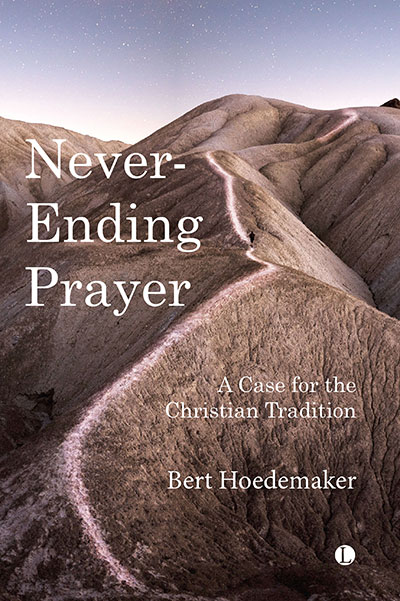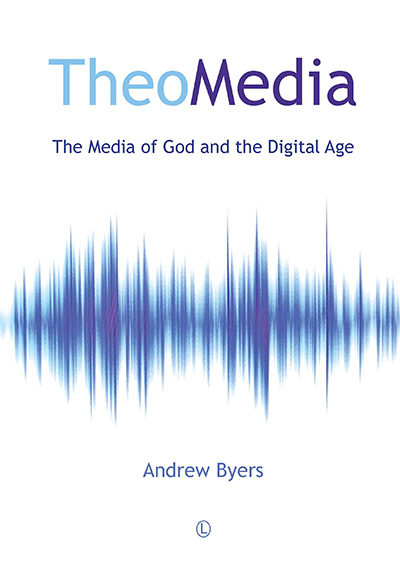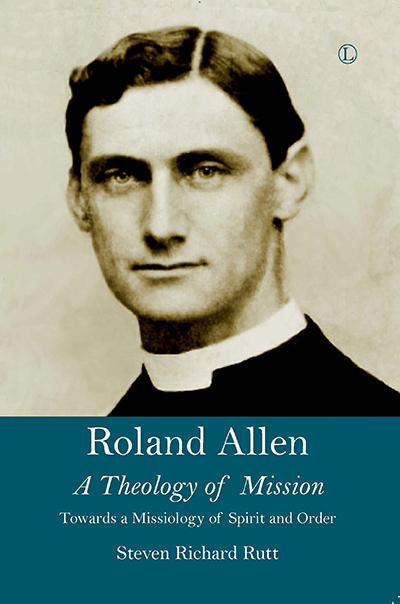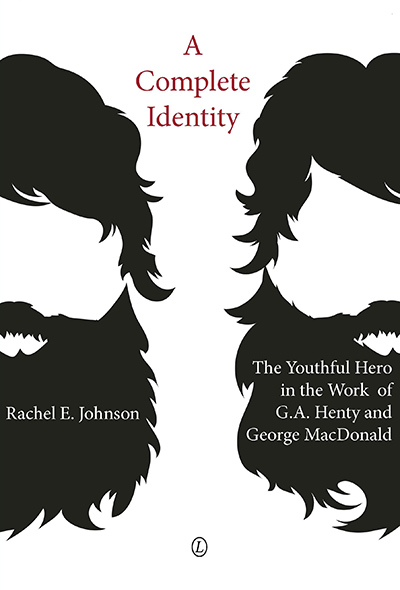Description
Is Christian ‘tradition’ to be maintained as the absolute body of truth? Can it be used selectively depending on the preferences of individual believers? What can ‘religious truth’ possibly mean in our age of opinions and overwhelming cultural diversity? These are unsettling questions for Christians, their effect aggravated by our daily encounter with non-western cultures and non-Christian religions, and by the increasing presentation of secularism and atheism as the ‘normal’ way of life.
In Never-Ending Prayer, Bert Hoedemaker outlines the continuing importance of tradition, while showing that in facing these challenges our understanding of tradition needs a ‘reset’. Drawing on his own experiences of world Christianity, he reconstructs the Christian tradition in such a way that it no longer defines and defends itself as a specific body of concepts and practices over against ’the world’ but as a living community originating in and remaining in interaction with humanity’s permanent struggles. It is presented as a system of religious imagination in which prayer is the driving force and reconciliation is seen as the destination of humankind.
About the Author
Dr Libertus Hoedemaker is Professor Emeritus of Groningen State University and the Protestant Theological Faculty of the Netherlands. He has held academic positions in Indonesia and the Netherlands, and guest professorships in the USA, Hong Kong and Switzerland. His previous publications include The Theology of H. Richard Niebuhr; Secularization and Mission: A Theological Essay; and a chapter in Foust et al, A Scandalous Prophet: The Way of Mission after Newbigin.
Contents
Introduction
1. Imagination
Imagining a world
Imagination and reason
Religious imagination
Interlude: imagination and science
The dual role of imagination
Appendix: imagination and human evolution
2. Tradition
Memory and anticipation
Religious traditions
Tradition and (post)modernity
Fundamentalism and bricolage
Memory and anticipation reconsidered
3. Prayer
Never-ending introspection
Conversation with God
The pluriformity of prayer
The language of prayer
Review and Preview 1
4. Self
The (dis)armed subject
Meeting the other
The guilty self
Confession of guilt
Amor ergo sum
5. God
God is dead
God is there
God withdraws
God is near
God is one
6. World
Theistic imagination
World as history
World as evolution
World as cosmos
World as creation
Review and Preview 2
7. Memory
Jesus in history
Leading images: incarnation and resurrection
The paradigm of sacrifice
The coming of the Son of Man
8. Anticipation
The kingdom of God
The unity of humankind
The individual not-yet
Life-death-life
9. Mission
Missionary dynamic
Dispersing
Gathering
Church
World
A Personal Epilogue
Index
Endorsements and Reviews
With his claim that the ‘unfinished business’ of tradition is to re-imagine Jesus Christ in ten thousand places, and his gift for making the familiar (‘church’; ‘world’) strange again, Hoedemaker writes as a poet of Christian mission. In an increasingly politicized world, here is a timely and impassioned plea for engaging the Christian tradition as an eschatological vision of reconciliation, of a humankind beyond polarization.
Kevin J. Vanhoozer, Research Professor of Systematic Theology, Trinity Evangelical Divinity School
A marvellous work of Christian theology, sensitive to deep questioning of the faith by sceptics and believers alike, Never-Ending Prayer is a ‘pastoral epistle’ of the highest order. It is a work of hope and of direction for those uncertain of where they stand.
John G. Flett, Professor of Missiology and Intercultural Theology, Pilgrim Theological College, Melbourne, Australia
Bert Hoedemaker creatively distils the wisdom of half a century of theological reflection, ecumenism and mission experience into one picture. In doing so, he successfully integrates personal faith, the Christian understanding of God, and the vision of a reconciled world. The result is a lucid and profound challenge to ‘self-invented spirituality’ and a renewed presentation of Christian faith to the secular world.
Kirsteen Kim, Paul E. Pierson Chair in World Christianity, Fuller Theological Seminary
The book is filled with illuminating insights. The Christian
imagination transforms personal introspection into a conversation with
God in the context of trusting and listening, the author writes. God
ceases to be a concept and becomes a presence, a ‘conversation partner’.
These are the beginnings of prayer and of faith. Jim Corrigal, in Faith and Freedom, vol 76 part 1, Spring/Summer 2023, number 196






